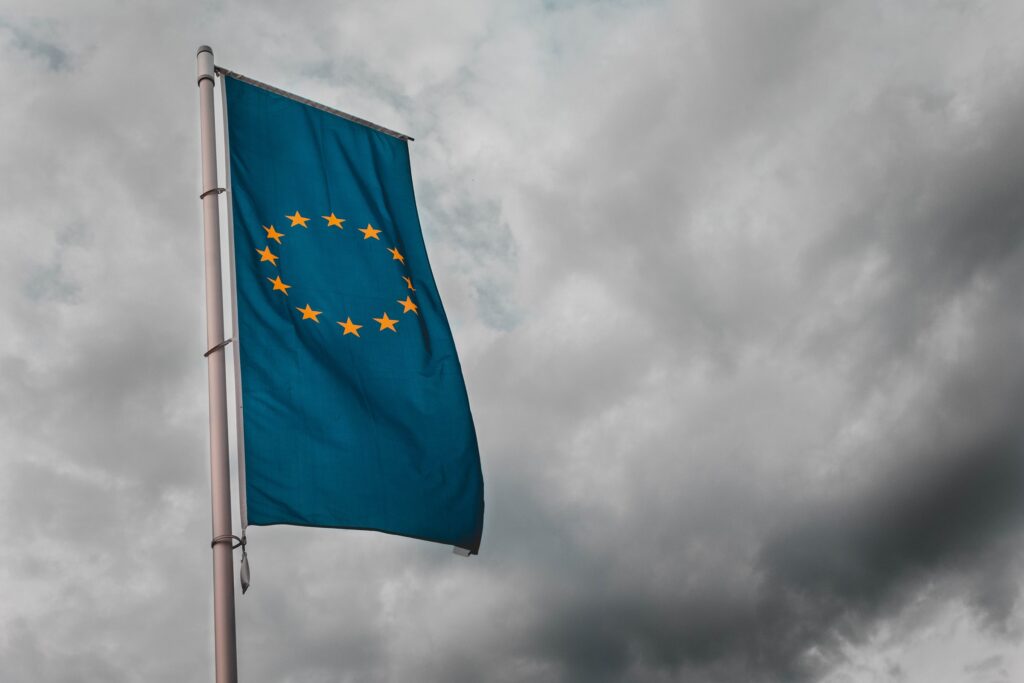EU Unveils AI Act: A New Era of Transparency in AI Development
The European Union has taken a significant step toward regulating artificial intelligence with the introduction of the AI Act, a comprehensive framework aimed at improving transparency for organisations utilizing AI systems, particularly regarding their training data.
As this legislation looms, its potential reach could disrupt the protective measures that many tech giants in Silicon Valley have established, shielding their AI development practices from rigorous examination.
A Surge in Interest for Generative AI
Since the launch of OpenAI’s ChatGPT, with Microsoft’s backing, interest and investment in generative AI technologies have skyrocketed. These powerful applications can generate text, create visuals, and produce audio content at unparalleled speed, resulting in a burgeoning market. However, this explosive growth raises critical concerns about data sourcing for training these sophisticated models. A pressing inquiry remains: Are developers relying on unauthorized copyrighted material?
Gradual Implementation of the AI Act
The AI Act will be rolled out gradually over the next two years, carefully balancing the needs of regulators and businesses. This approach aims to provide a transition period for compliance and adjustment to the new rules. However, the implementation of several provisions is still uncertain.
One particularly contentious aspect of the Act requires organizations deploying general-purpose AI tools, like ChatGPT, to furnish “detailed summaries” of the training content. The newly formed AI Office plans to issue a template for these disclosures by early 2025, following discussions with various stakeholders.
Industry Outcry Over Data Transparency
Tech companies have voiced robust opposition to disclosing their training data, citing concerns about trade secrets. They argue that making this information public could give competitors an unfair advantage. As such, the level of transparency mandated by the Act poses significant implications for both emerging AI startups and established giants like Google and Meta, which are banking on AI for their future success.
In the past year, leading tech firms—Google, OpenAI, and Stability AI—have encountered lawsuits from creators alleging unauthorized use of their content to train AI models. Yet, under increasing pressure, some companies have sought to negotiate licensing agreements with various media outlets to preempt legal challenges. Nonetheless, doubts linger among creators and lawmakers about whether these agreements suffice.
A Divided European Legislator Perspective
In Europe, lawmakers are sharply divided on the implications of the Act. Dragos Tudorache, the primary architect of the AI Act, advocates for requiring AI companies to open their datasets, arguing this transparency is vital for creators to ascertain if their works have contributed to AI models.
In contrast, the French government—led by President Emmanuel Macron—is cautious about imposing regulations that could stifle innovation among European AI startups. Bruno Le Maire, the French Finance Minister, insists that Europe must position itself as a frontrunner in AI development rather than merely serving as a consumer of technologies from the U.S. and China.
The AI Act aims to navigate the complex tension between safeguarding trade secrets and respecting the rights of copyright holders. Nevertheless, achieving this balance is a formidable challenge.
The Complexity of Transparency in AI
Opinions within the industry vary regarding transparency’s necessity. Matthieu Riouf, CEO of AI firm Photoroom, likens the situation to culinary secrets that top chefs keep hidden. However, Thomas Wolf, co-founder of Hugging Face, points out that while the industry may crave some level of transparency, a uniform shift towards an open disclosure model is unlikely.
Recent incidents have further underscored these complexities. OpenAI faced criticism when it showcased an updated version of ChatGPT, which utilized a synthetic voice remarkably similar to that of actress Scarlett Johansson, raising questions about potential infringements on personal and intellectual property rights.
Debate continues around how these regulations may impact future innovation and competitiveness in the AI sector. Advocates in the French government argue that fostering innovation should precede regulatory measures, especially given the uncertain parameters of the evolving field.
Conclusion
The European Union’s AI Act could significantly reshape the contours of AI development, influencing tech companies, digital creators, and the broader digital ecosystem. Policymakers must carefully navigate the dual goals of nurturing innovation within a vibrant AI industry while ensuring ethical practices and preventing intellectual property violations. If adopted, the Act could pave the way for heightened transparency in AI, yet the successful implementation and its repercussions for the industry remain to be seen. Balancing these priorities will undoubtedly be a critical focus for all stakeholders as the regulatory landscape continues to evolve.




